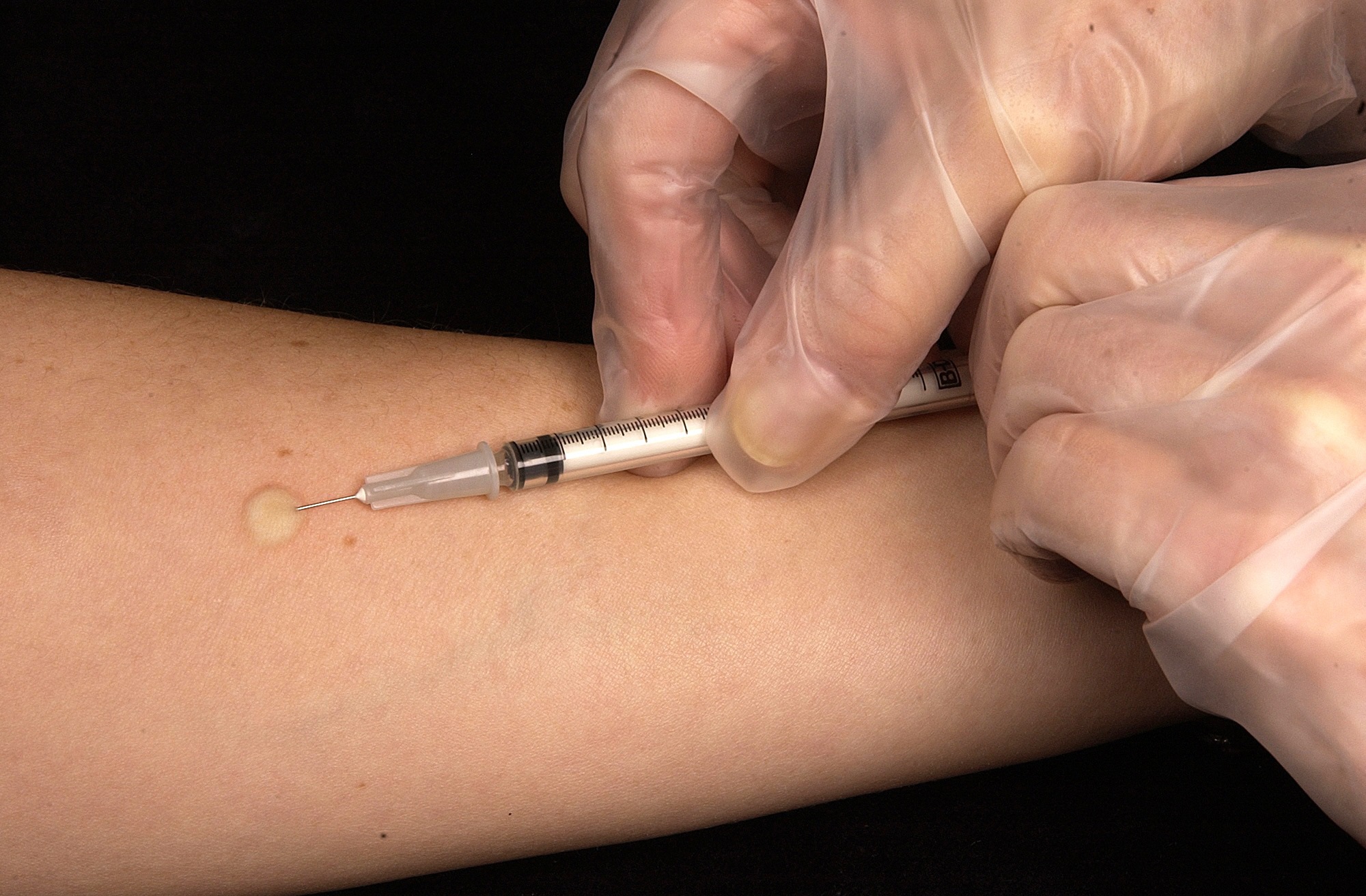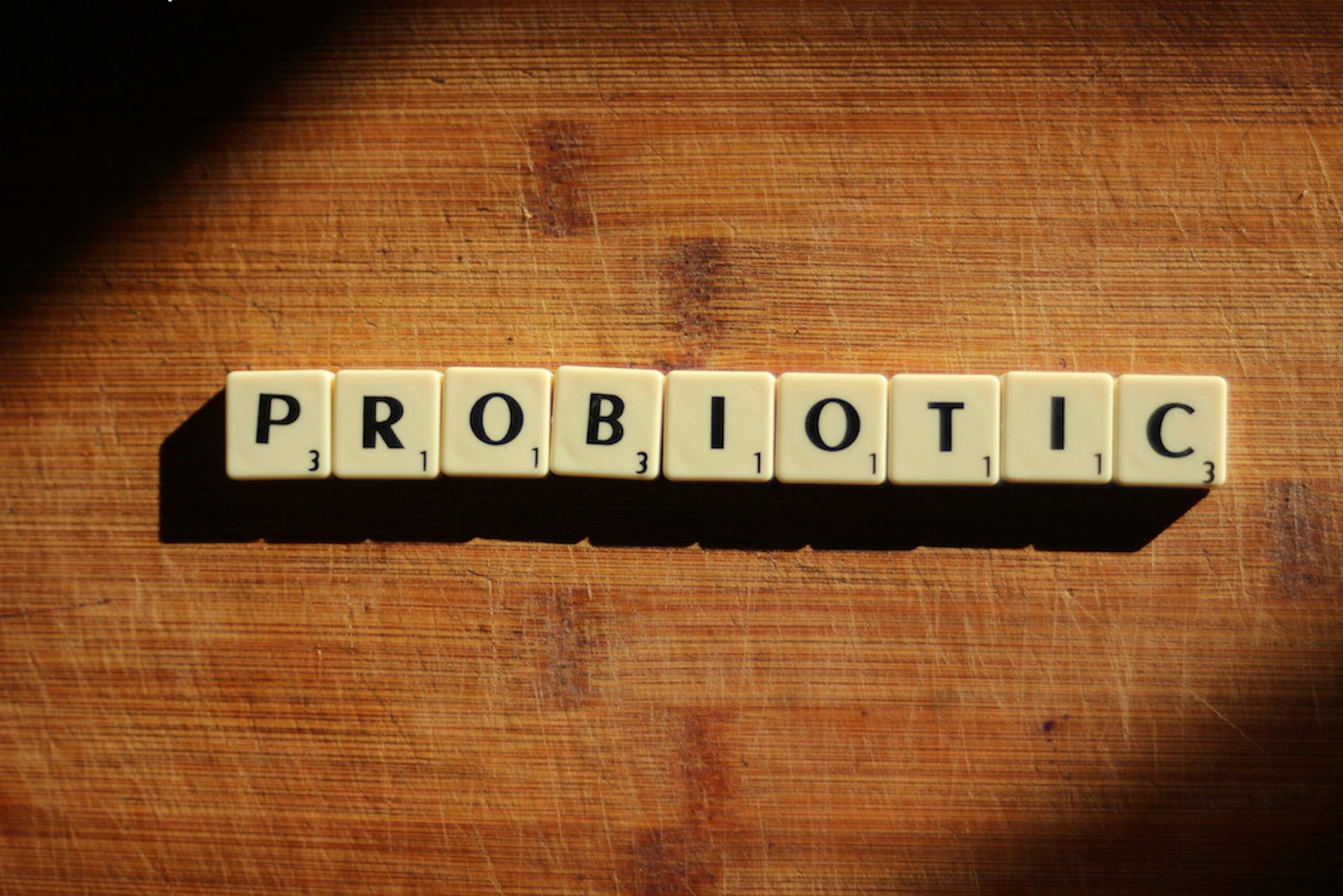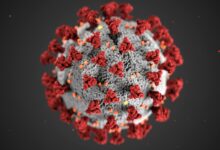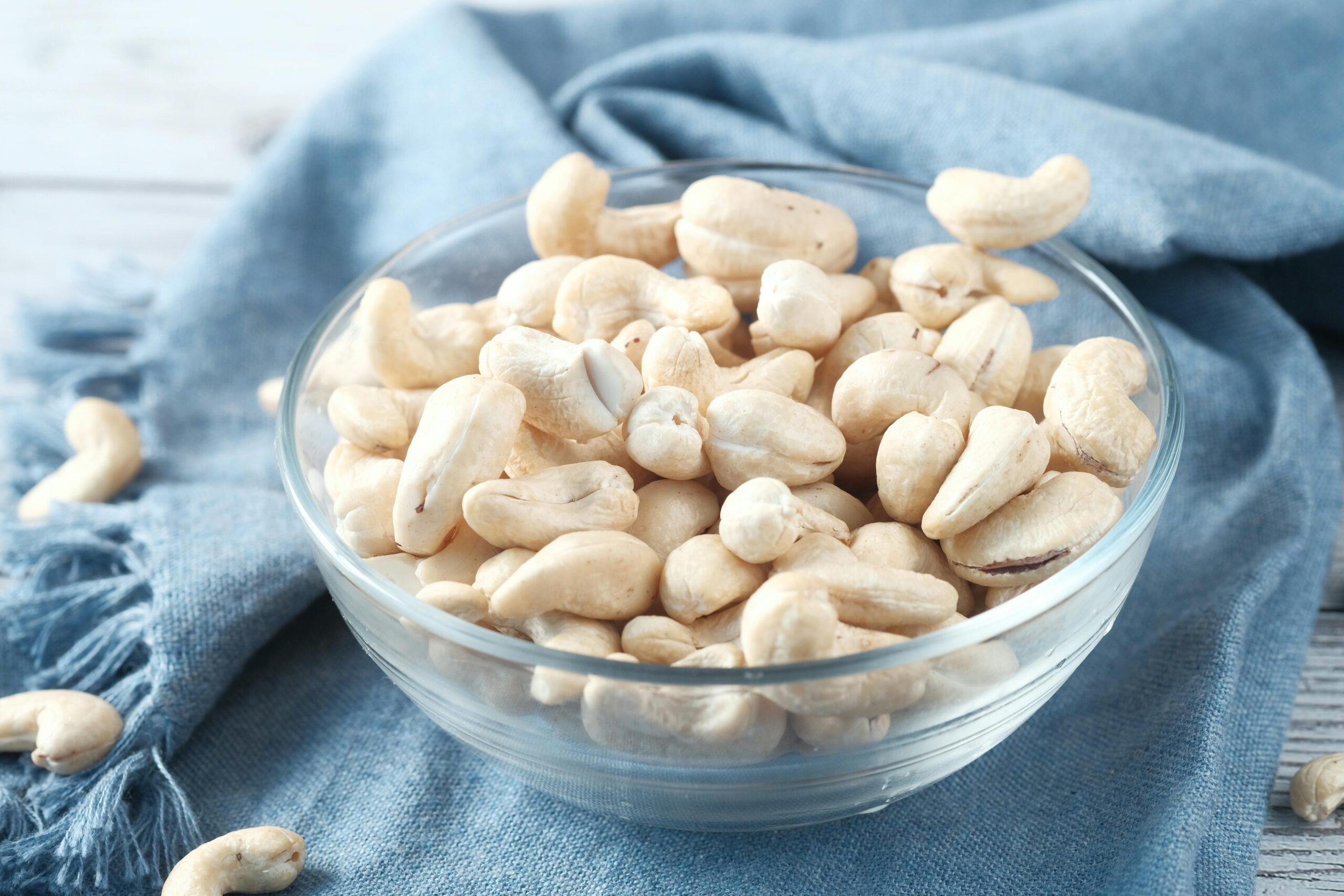HHS Cancels $590 Million Moderna Contract for Bird Flu Vaccine Amid mRNA Technology Reevaluation
HHS canceled a $590 million Moderna contract for a bird flu vaccine, citing safety and effectiveness concerns despite promising trial results.

(WE) — The U.S. Department of Health and Human Services (HHS) announced it will cancel a $590 million contract with Moderna Inc. to develop a vaccine targeting the H5N1 bird flu. This decision aligns with HHS’s broader effort to reassess therapies using messenger RNA (mRNA) technology. The original contract, revealed in January 2024, came shortly before the second term of President Donald Trump.
Moderna reported promising results from an early-stage trial of its mRNA-based H5N1 vaccine. The trial involved approximately 300 healthy adults. According to Moderna, the vaccine generated a “rapid, potent and durable immune response.” Despite this, HHS declared on Wednesday that the project no longer met their scientific or safety standards for further funding.
“After a rigorous review, we concluded that continuing to invest in Moderna’s H5N1 mRNA vaccine is neither scientifically nor ethically justified,” said Andrew Nixon, HHS Communications Director, in a formal statement. He criticized mRNA technology as still “under-tested” and emphasized that HHS would avoid repeating past mistakes where safety concerns were allegedly withheld from the public during the Trump administration.
Moderna’s CEO, Stephane Bancel, acknowledged the contract cancellation but expressed confidence in the vaccine’s development. “We are pleased by the robust immune response and safety profile observed in the interim analysis,” Bancel said. “We will explore alternative paths forward for this program. The clinical data on pandemic influenza highlight mRNA technology’s critical role in responding to emerging health threats.”
The mRNA platform became widely known during the COVID-19 pandemic. Both Moderna’s and Pfizer/BioNTech’s COVID-19 vaccines use this technology. Experts have repeatedly confirmed their safety and effectiveness after billions of doses administered globally.
Despite this, concerns about anti-vaccine sentiments persist, particularly toward mRNA vaccines. Dr. Ashish Jha, dean of the Brown University School of Public Health and White House COVID-19 response coordinator under President Joe Biden, strongly condemned the move. On social media, he called the attack on mRNA vaccines “beyond absurd” and credited Operation Warp Speed, initiated under Trump, for their rapid development.
“Nearly two billion people worldwide have received these vaccines, making them some of the most studied in history,” Jha wrote. He warned, “If bird flu starts spreading from person to person, we will put Americans’ lives at serious risk.”
Select 61 more words to run Humanizer.
Avian influenza, or bird flu, refers to several influenza viruses that typically infect birds. The H5N1 strain alarms public health officials because it has infected dozens in the U.S., resulting in one death. The United States maintains vaccines against H5 viruses in its Strategic National Stockpile, but these use older technology.
In February 2025, Bloomberg News reported that U.S. health officials had begun reevaluating the Moderna contract amid growing skepticism of mRNA vaccines from some government officials.
Dr. Paul Friedrichs, a retired Air Force major general and former director of the White House Office of Pandemic Preparedness and Response Policy under the Biden administration, expressed disappointment over the cancellation. In an interview, Friedrichs emphasized the challenge of rapidly producing therapeutics and vaccines for new pathogens. He stressed the importance of maintaining diverse research options.
Read More:
- Prostate Cancer: A Complete Guide to Causes, Symptoms, Diagnosis, and Treatment
- Is North America Facing a Measles Outbreak?
- What is Measles? Symptoms, Causes, Treatment, and How to Prevent Infection
“We worked closely with industry to fund research and clinical trials and ensure we had options if this virus became more dangerous,” he said. “Because we simply don’t know what will happen next.”
The Trump administration also canceled an earlier $766 million contract with Moderna aimed at pandemic influenza vaccines, including H5N1 bird flu. This funding, awarded in July 2024 and January 2025, came through the Biomedical Advanced Research and Development Authority (BARDA). BARDA focuses on developing medical countermeasures against potential pandemics.
The vaccine, named mRNA-1018, leveraged the same platform that enabled the swift development and rollout of COVID-19 vaccines. HHS Secretary Robert F. Kennedy Jr. expressed skepticism about mRNA vaccines despite scientific evidence proving their safety and impact on saving lives.
Moderna announced the contract cancellation the same day it released positive interim data from the H5N1 vaccine trial involving 300 healthy adults. The vaccine generated a strong immune response and showed a favorable safety profile.
Last year, H5N1 bird flu viruses spread from wild birds to cattle in the U.S., infecting hundreds of animals across several states. More than 70 Americans have contracted bird flu infections, mostly mild, but one fatality has occurred. Scientists fear that further mutation could increase the virus’s ability to spread easily among people, potentially triggering a pandemic.
Moderna received $176 million in July 2024 and the larger $590 million award in January 2025. The January contract aimed to support late-stage clinical trials that would determine the vaccine’s efficacy against pandemic viruses, including H5N1.
This cancellation raises questions about the U.S. government’s future approach to pandemic preparedness. Some experts argue that cutting-edge technologies like mRNA, despite remaining relatively new, hold great promise for rapid vaccine development. Others emphasize the need for transparency, scientific rigor, and addressing public concerns about novel medical interventions.
As debates continue, health officials and biotech companies remain on alert for bird flu mutations. The need for effective vaccines and treatments persists amid the ongoing threat of emerging infectious diseases.














